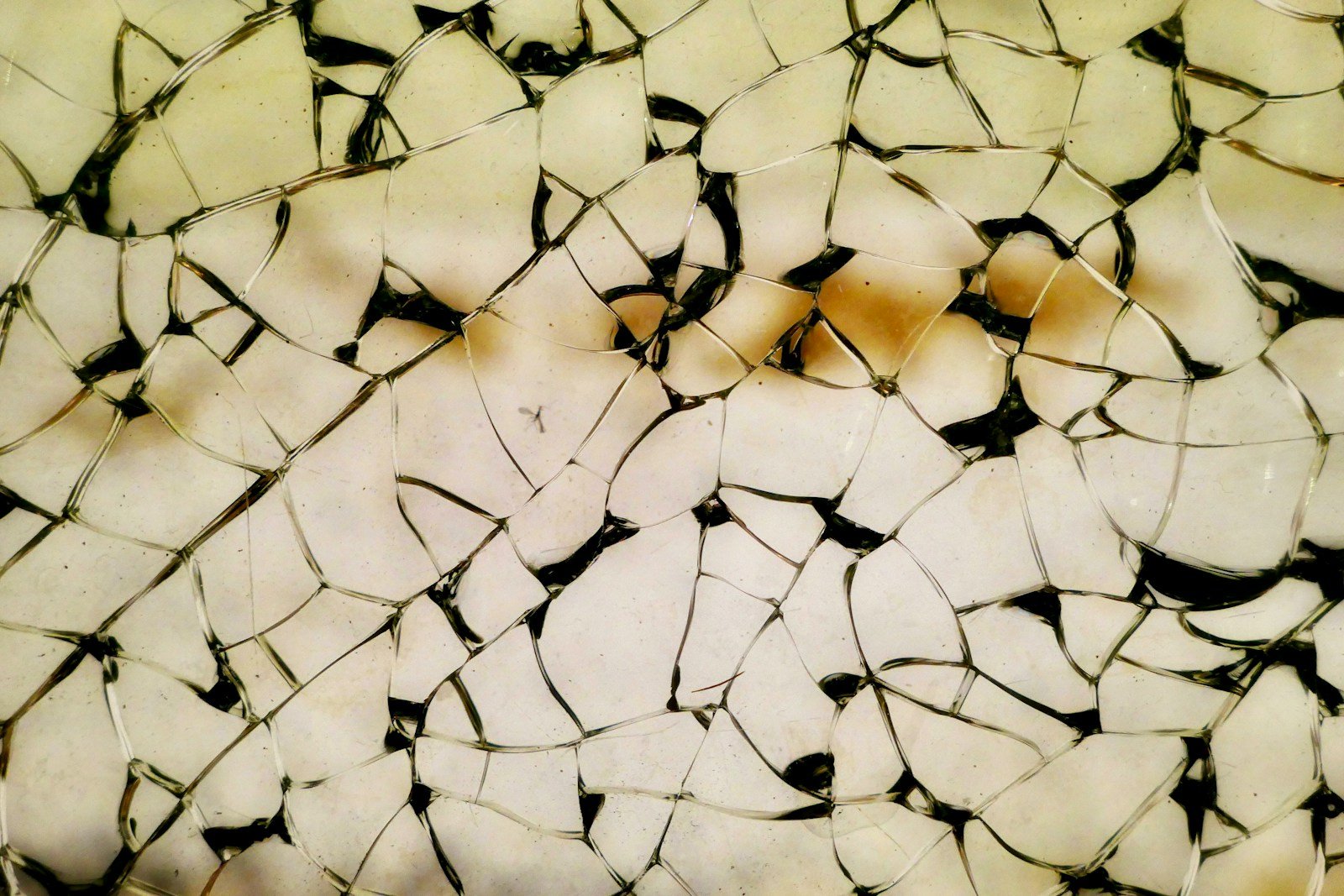
We all carry wounds—some visible, most hidden. Emotional wounds may not bleed, but they ache, echo, and shape the way we move through the world. These inner injuries are real, and they deserve care, attention, and healing.
In this article, we’ll decode emotional wounds—what they are, how they show up in daily life, and what you can do to begin mending the broken pieces.
Emotional wounds are psychological injuries caused by painful experiences. These might stem from:
Unlike physical wounds, emotional wounds aren’t always acknowledged. Many of us try to suppress or “tough it out,” leading to long-term impacts on our mental and physical well-being.
Healing starts with awareness. Here are some signs that you may be holding onto emotional pain:
These symptoms are not character flaws—they are protective responses shaped by pain. Recognizing them is the first step toward transformation.
| Psychological Impact | Physical Symptoms |
|---|---|
| Anxiety and panic attacks | Headaches, chest tightness |
| Low self-esteem | Fatigue, insomnia |
| Mood swings | Digestive issues |
| Trust issues in relationships | Weakened immune system |
The body keeps score, as Dr. Bessel van der Kolk explains in his groundbreaking work on trauma. Suppressed emotions can live in the body and manifest as physical discomfort or chronic illness.
Healing isn’t about erasing the past. It’s about learning to live with it in a way that no longer controls your present. Here’s how:
Give yourself permission to feel. Emotional wounds heal faster when we stop pretending they don’t exist.
A therapist or counselor can provide guidance, compassion, and tools for healing. At PS It’s Counseling, we specialize in trauma-informed care that meets you where you are.
Cognitive Behavioral Therapy (CBT) helps challenge distorted thoughts like “I’m unlovable” or “I deserved this.”
Treat yourself the way you would a dear friend. Healing is not linear—some days are harder than others.
Everyone’s wound is different—and so is the path to healing. At PS It’s Counseling, we offer:
Don’t wait until everything feels unbearable. Therapy isn’t just for crises—it’s a proactive step toward emotional well-being.
According to the American Psychological Association, seeking help is a sign of strength, not weakness. Emotional wounds deserve the same care as physical ones.
Healing doesn’t mean forgetting. It means weaving your pain into your story in a way that builds resilience, compassion, and growth.
Let us walk beside you. Schedule a session with one of our trauma-informed therapists and take the first step toward wholeness.
Embark on a transformative path to optimal well-being with our uplifting counseling services. Let our expert guidance elevate you to new heights of wellness. Take the first step today and enjoy a complimentary 15-minute consultation to explore the positive changes awaiting you.